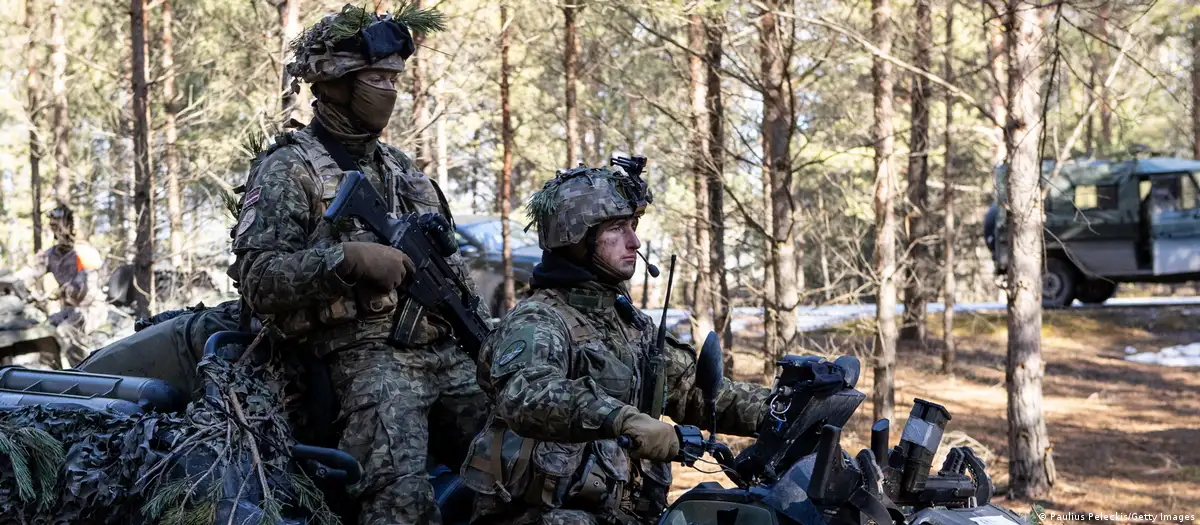Europeans fear an expansion of the conflict if Russia is not stopped in its confrontation with Ukraine. Donald Trump’s possible election fuels uncertainty about US leadership in NATO.
(DW) NATO is taking the possibility of a future confrontation with Russia very seriously. Last week, the military alliance began the largest military exercise since the end of the Cold War, called Steadfast Defender, in which 90,000 soldiers will take part in maneuvers in European countries until the end of May.
Around 50 warships, 80 aircraft and 1,100 combat vehicles will take part in the maneuvers, which are the largest since Operation Reforger in 1988, at the height of the Cold War, when the Soviet Union still existed.
The soldiers come from all 31 NATO countries, as well as Sweden, which is in the process of joining. They are preparing for a hypothetical scenario in which Russia would have attacked a country in the military alliance.
Steadfast Defender is intended to show that NATO is able and willing to reinforce its eastern flank by deploying troops quickly and massively. The exercise consists of the rapid deployment of large combat units across Central Europe, Northern Europe and Southern Europe to NATO’s eastern flank.
Trump: against NATO
Fears of a future confrontation with Russia grew after the invasion of Ukraine two years ago. And it has grown even more with former president Donald Trump’s lead in the Republican Party primaries. All indications are that he will be President Joe Biden’s opponent in the November election.
When he was US president, Trump threatened to pull the country out of NATO – and has expressed admiration for Russian president Vladimir Putin. Military leaders and defense ministers in Europe fear that if the Republican returns to power, there will be a weakening of US leadership within the military alliance.
At the same time, fears are growing that Russia will not be defeated in the war against Ukraine, which is reportedly stagnating. Against this backdrop, there are many voices in Europe warning of the risks of an expansion of the war and the possibility of Europe having to defend itself against a possible Russian attack.
Putin denies it
“Anyone who thinks that this is only about Ukraine is fundamentally mistaken,” said Ukrainian President Volodimir Zelenski during the recent World Economic Forum in Davos. German Defense Minister Boris Pistorius was even clearer. “We have to take into account that Putin will one day attack even a NATO country,” he told Der Tagesspiegel.
These fears are especially strong in Russia’s neighboring countries, such as Estonia. But Pistorius made it clear that he doesn’t see any immediate risk of this happening. “Our experts are counting on a period of five to eight years in which this could be possible.”
British Prime Minister Rishi Sunak said that weakening support for Ukraine could strengthen the West’s enemies. “If Putin wins in Ukraine, he won’t stop there,” he said in a recent interview alongside Zelenski in Kiev.
Putin denies having any such intentions. He has already assured Russian television that he has no interest in fighting NATO countries, “neither geopolitically, nor economically, nor politically, nor militarily” – but he has also denied that he would invade Ukraine.
